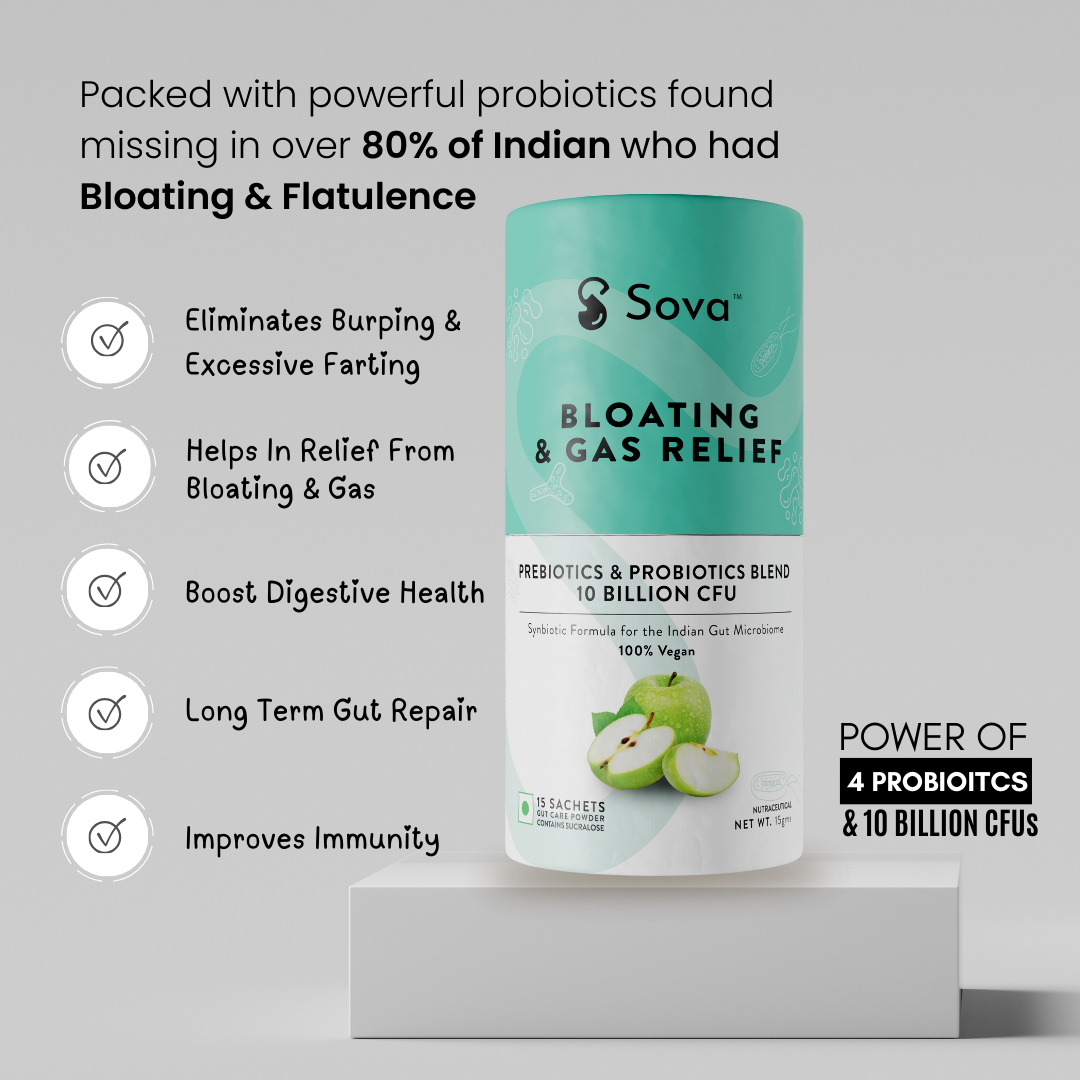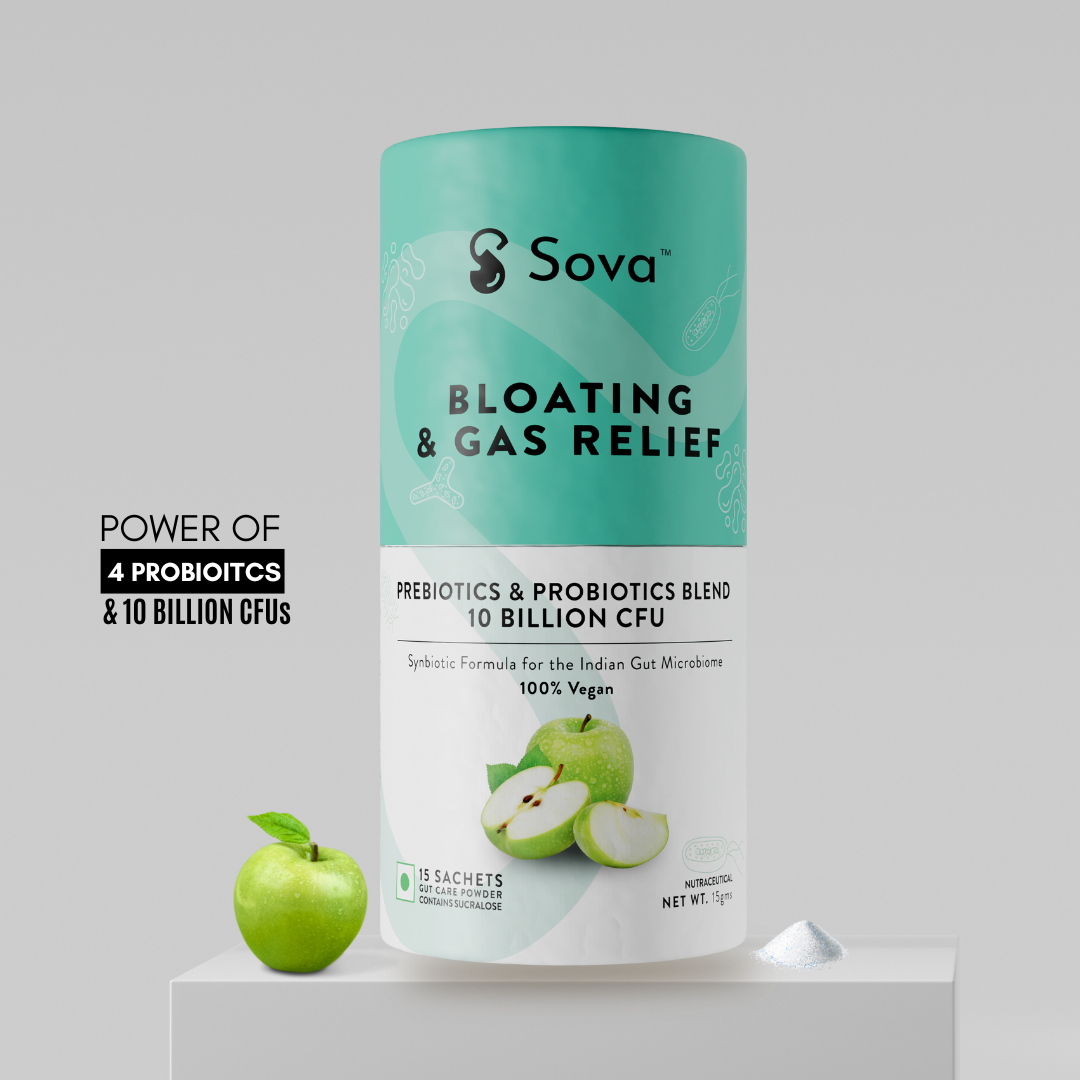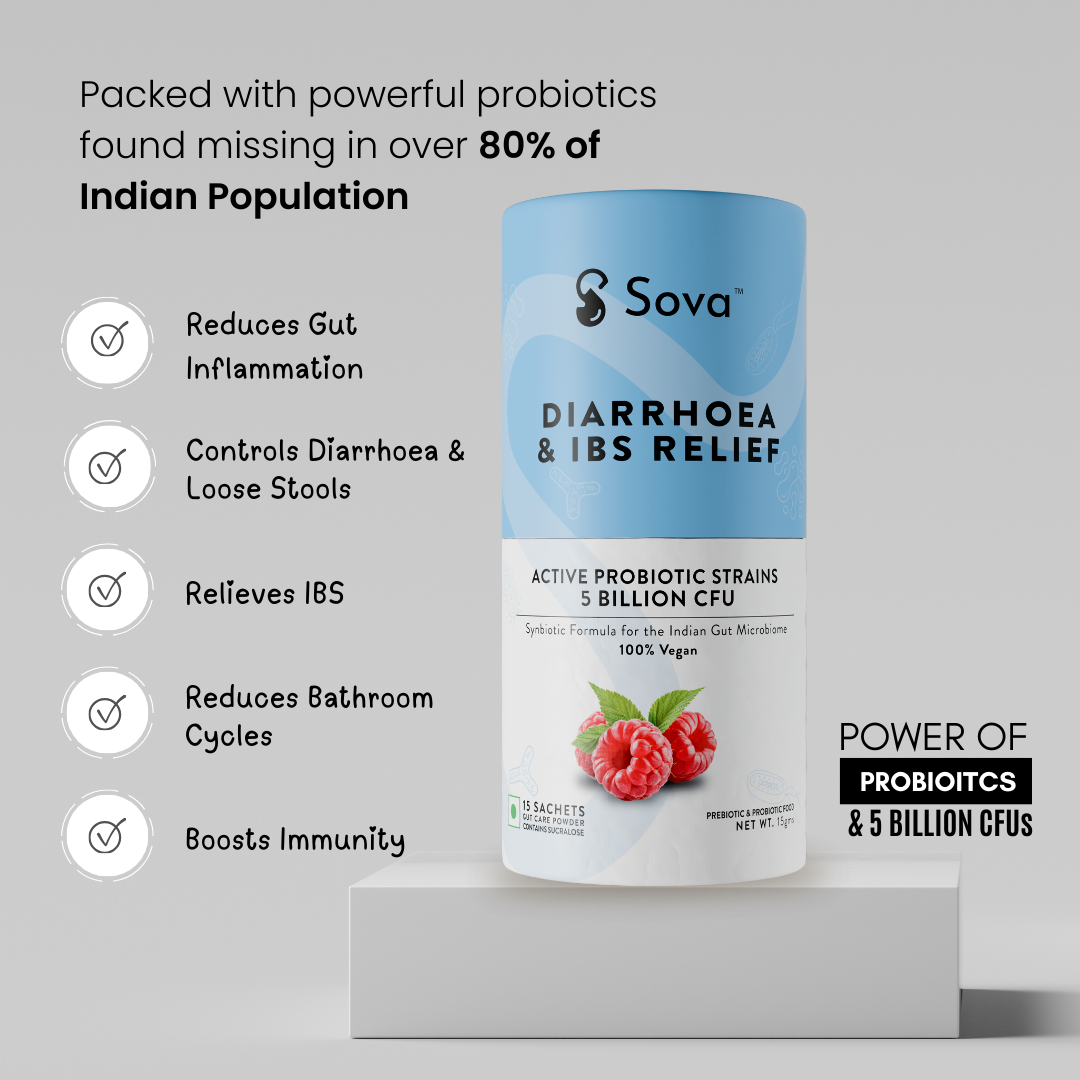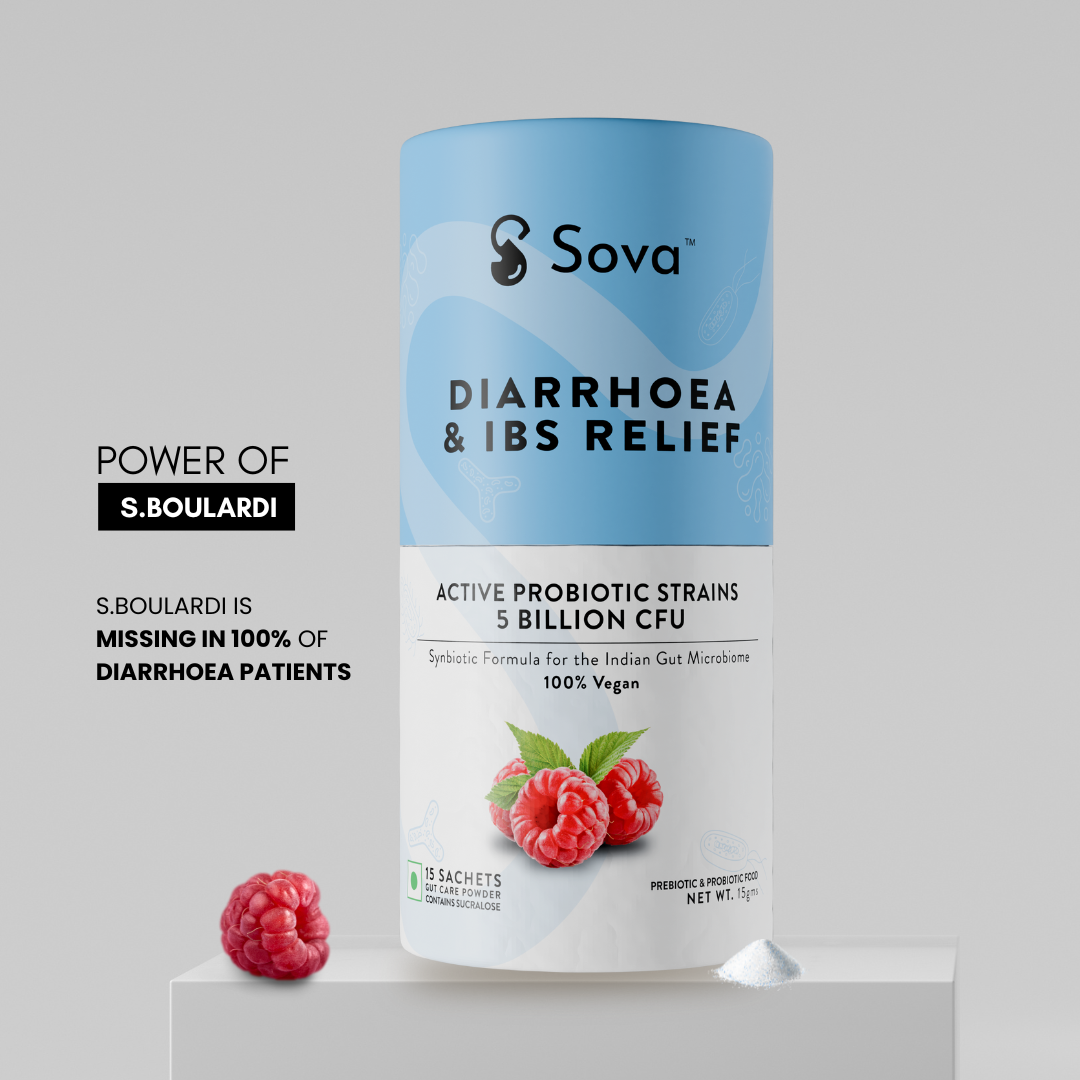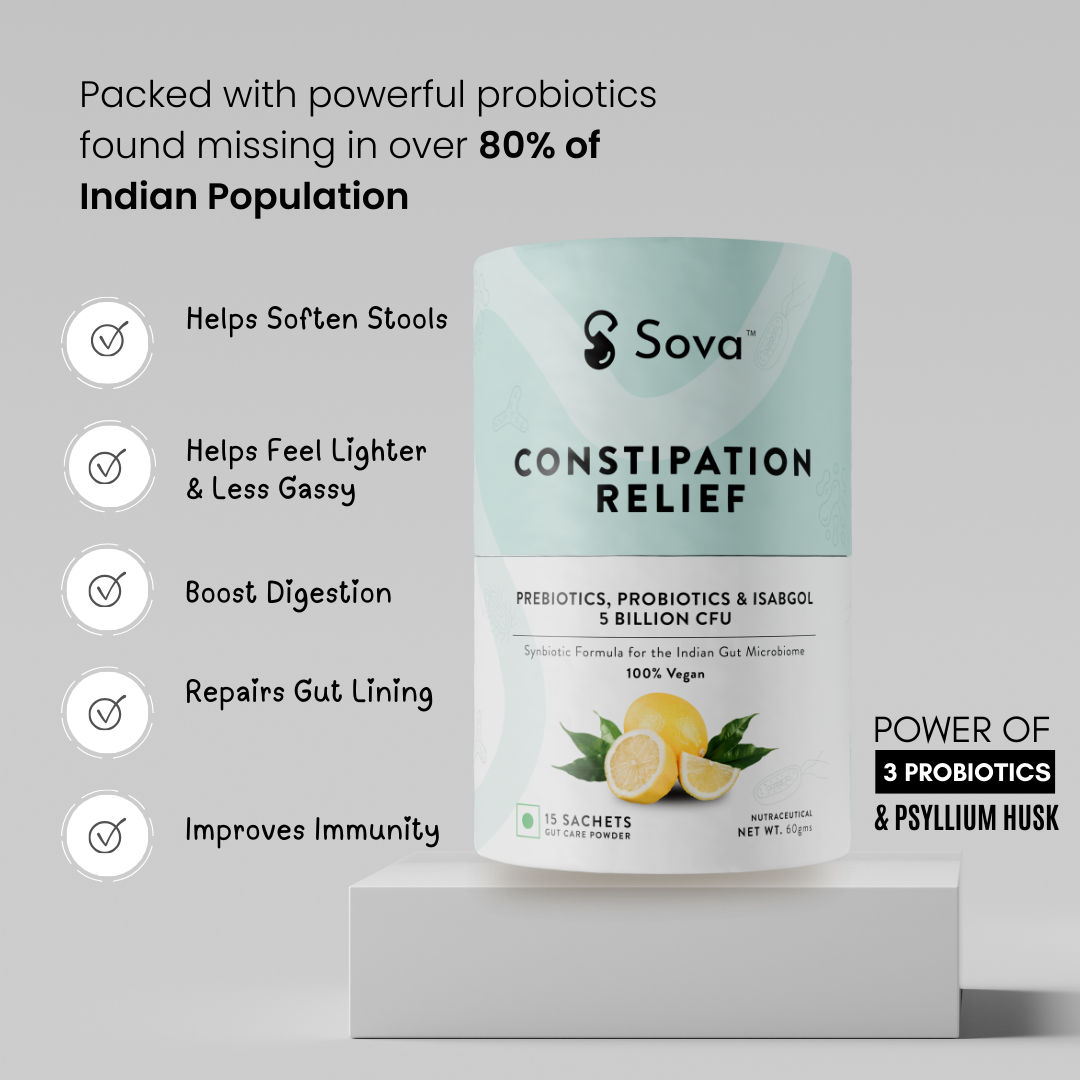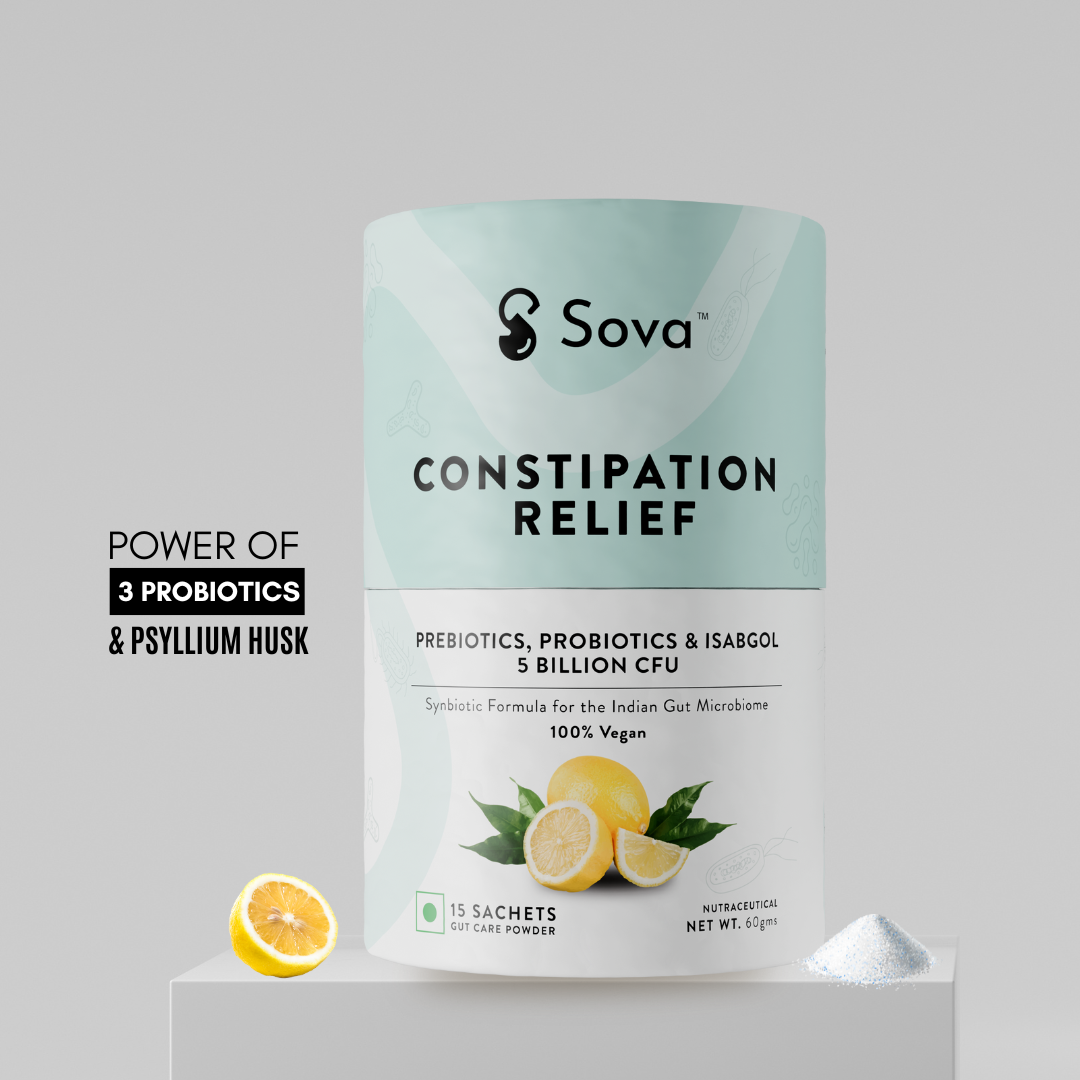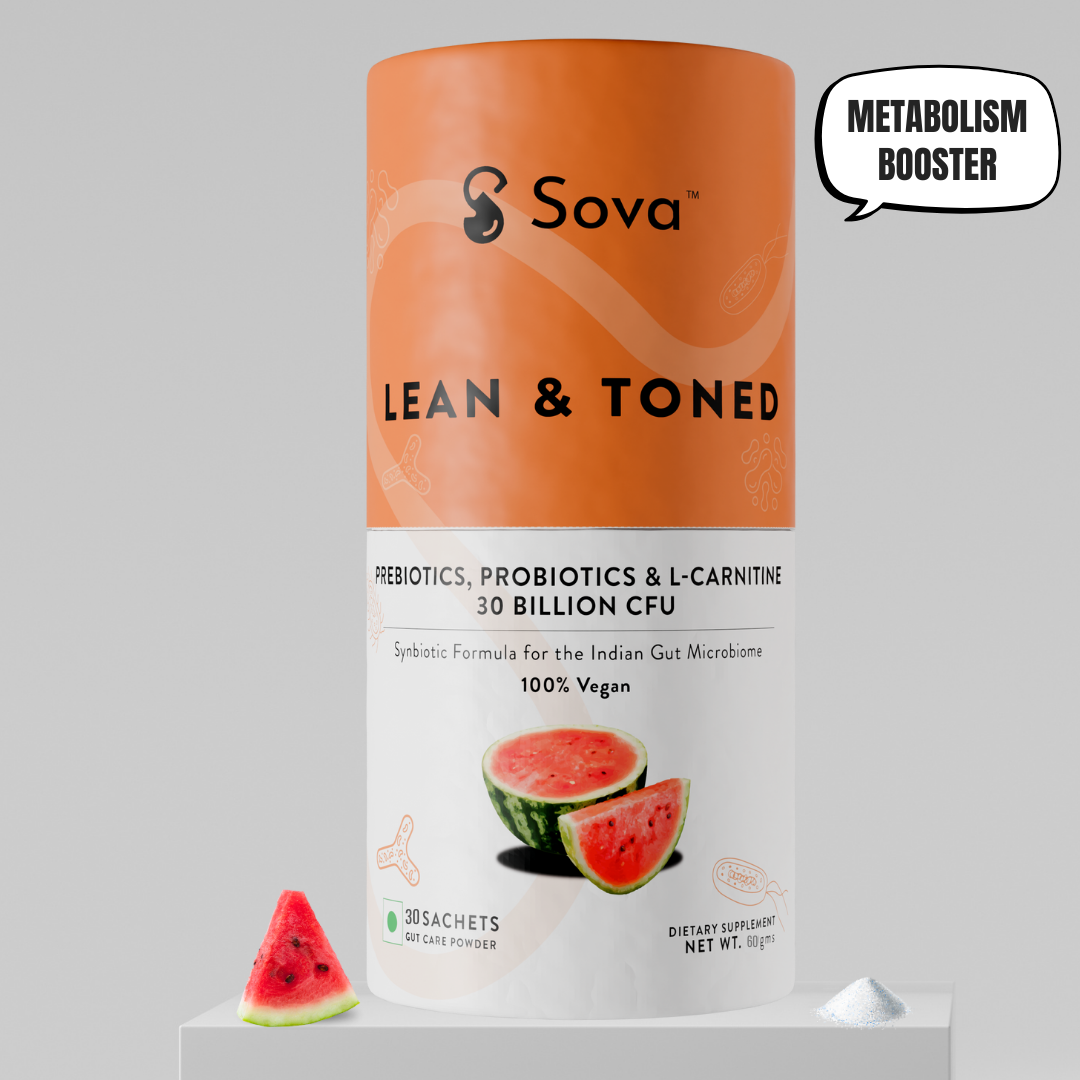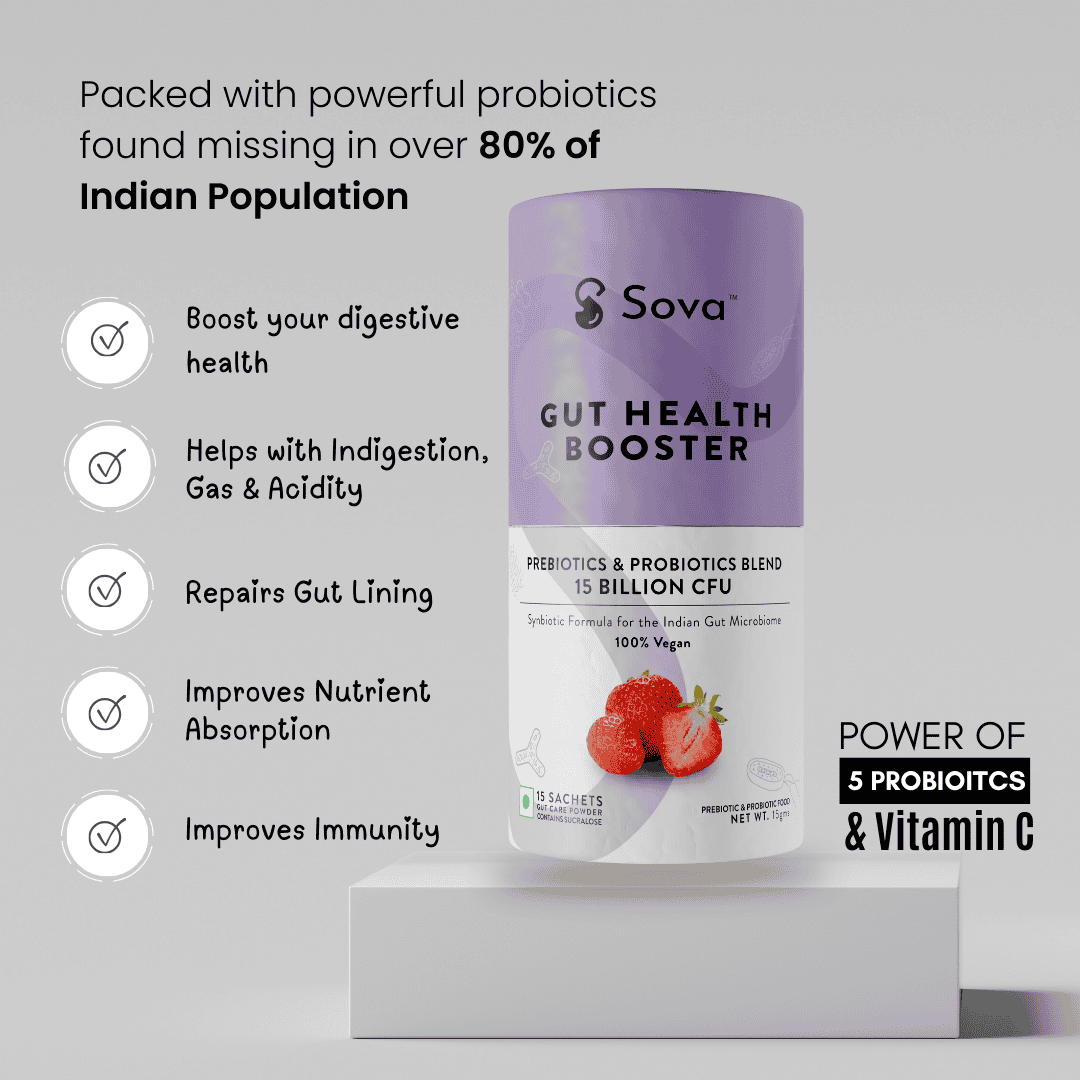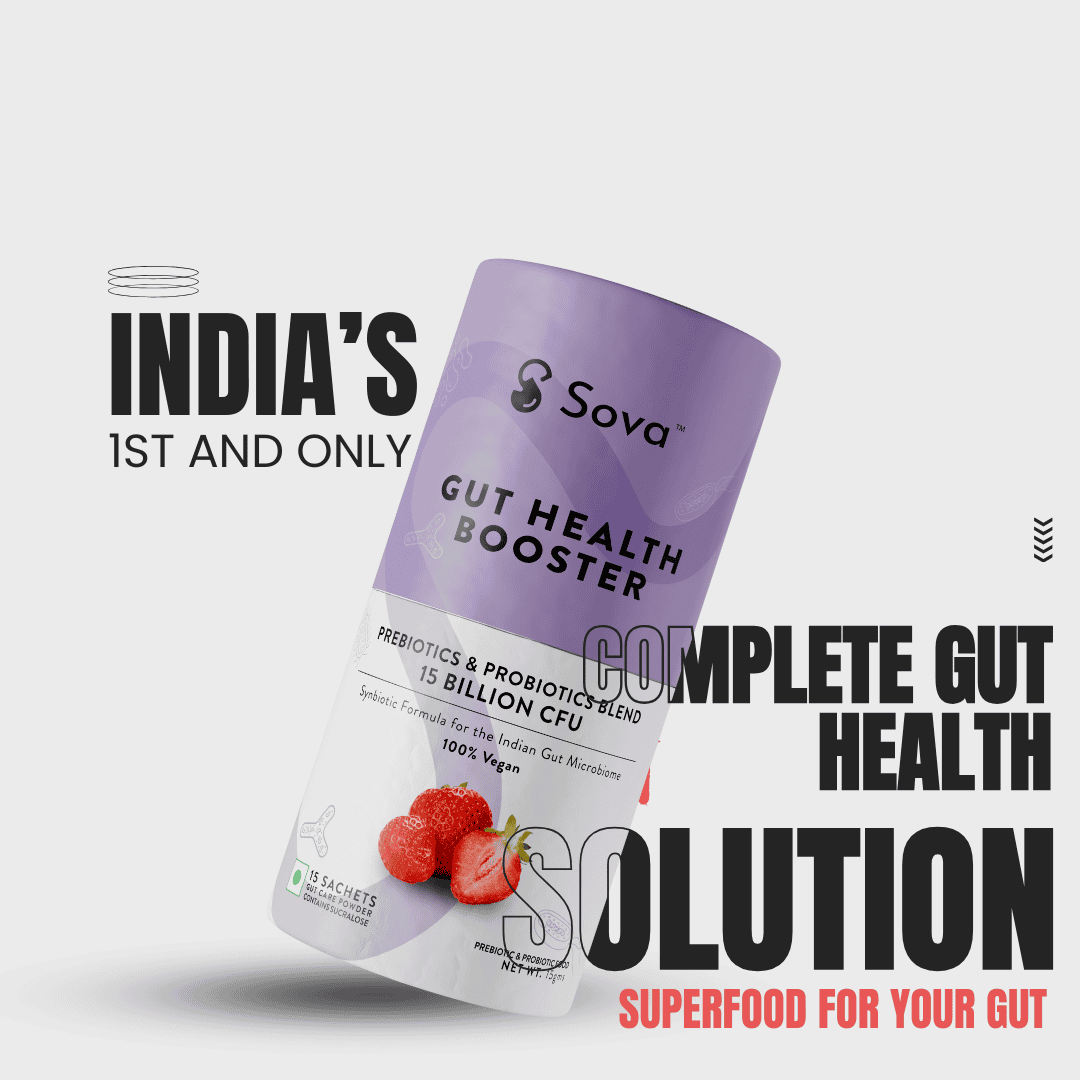Understanding Gut Health and the Importance of Gut Foods
You have trillions of bacteria and other microbes making up your gut microbiome, playing a crucial role in maintaining digestive health. These microbes break down your food, absorb nutrients into the bloodstream, and protect the integrity of the lining of your gut. Poor diets can break this delicate balance easily, so it becomes quite difficult for the gut to perform all these functions appropriately. A diet rich in gut foods can make all the difference, promoting the improve gut flora and a resilient, balanced microbiome. Here is a look at foods that benefit gut health and those that might do more harm than good.
3 Consume more to have a good gut
Fermented Foods
Foods fermented, like yogurt and kefir, sauerkraut, kimchi, and miso, are all good sources of probiotics, referring to live bacteria that may help promote a healthy gut. Such foods introduce live beneficial bacteria directly into the gut, thus supporting a diversity of the microbiome in the gut and helping improve gut flora over time. They can also help with improved digestion and may even serve to relieve symptoms of irritable bowel syndrome (IBS) and other digestive disorders.
- Why They Work: Fermented foods contain lactobacillus and other probiotics that balance the levels of bacteria in the gut and support a strong intestinal lining.
- How to Add Them: Try adding a small serving of yogurt or kefir to your breakfast, or add a scoop of kimchi or sauerkraut to your meals for a flavorful and gut-friendly boost.
High Fiber Vegetables
Fibre is essential to gut health, and it's found abundantly in asparagus, broccoli, spinach, and artichokes. This type of fibre does not break down in the stomach but moves to the gut where it feeds good bacteria. The good news is that including fibre-rich gut foods in a diet helps maintain a balanced microbiome, reduce inflammation and safeguard the lining of the intestines.
- Why They Work: The prebiotic fibres in these vegetables feed good bacteria, balancing out a healthy gut ecology.
- How to Add Them: Try to get a mix of fibre-rich vegetables in every meal. Throw spinach or broccoli into omelets; roast artichokes for dinner; or add several different colourful veggies to salads.
Take a gut microbiome test today!
Whole Grains
Whole grains include oats, quinoa, and barley. These are filled with fiber and resistant starches, which act as prebiotics to feed beneficial bacteria. Refined grains are different because they do not contain all the parts of the grain; therefore, they are deficient in fiber, vitamins, and minerals. Gut foods, which include these whole grains in your diet, help level out blood sugar levels, provide long-lasting energy, and help maintain gut health.
- Why They Work: Whole grains provide the fuel that allows beneficial bacteria to thrive, improving gut flora and keeping harmful bacteria in check.
- How to Add Them: Switch from refined grains to whole grains by choosing whole-grain bread, oats, and brown rice. Start your day with oatmeal topped with fruit, or use quinoa as a base for salads and bowls.
3 Foods to Avoid for a Healthy Gut

Processed Sugars
Processed sugars are found in candies, soft drinks, baked goods, and many packaged foods. These sugars are bad for the gut. Too much sugar feeds bad bacteria and yeast in the gut, which can cause imbalances and inflammation. High sugar intake may be associated with a leaky gut and can disrupt the balance needed for a healthy microbiome.
- Reasons why to Avoid: Sugary food promotes the growth of undesirable bacteria, and crowds out positive bacterial loads leading to an issue in digestion and even inflammation.
- Alternatives: Enjoy your sweet cravings the natural sugars in fruits like berries, apples, or bananas have natural sweetness from a natural fibre that regulates blood sugar in it and healthy guts.
Artificial Sweeteners
Artificial sweeteners like aspartame, sucralose, and saccharin may not contain calories but may affect the gut flora by interfering with the good bacteria in your gut. Research has indicated that artificial sweeteners can alter the composition of gut bacteria in ways that can result in glucose intolerance and increase cravings for sugar and carbs.
- Why Avoid: Artificial sweeteners are reportedly killing off some good bacteria in the gut, hence causing metabolic diseases and abdominal problems.
- Alternatives: Try using honey, maple syrup, or coconut sugar to replace artificial sweeteners but consume it in moderation. In all likelihood, this shall be less aggressive on your gut than artificial options that are nutrient providers just like your real sugars.
Also Read: Top 10 fruits to fastrack weight loss
Highly Processed Foods
Examples of highly processed foods are chips, frozen dinners, fast food, and packaged snacks. They can easily contain additives, preservatives, and unhealthy fats which could pose harm to the gut. Foods containing such things are often low in fiber and nutrients that will cause inflammation and make it impossible for the balance of a gut microbiome.
- Why to Avoid: Processed foods can damage the lining of the gut, making it more permeable and leaky gut, allowing toxins into the bloodstream.
- Alternatives: Eat whole, unprocessed foods. Instead of reaching for chips, go for a handful of nuts, seeds, or fruit, which contains fibre and nutrients without adding offensive additives.
Building an Equitable Diet to Feed a Healthy Gut
For people to build a diet supporting good gut health, they would have to choose foods to nourish the gut microbiome while avoiding those disruptive to it. More on gut foods would include increasing fermented items, fiber- rich vegetables, and whole grains while reducing sugar and artificial sweeteners and decreasing processed foods. Over the long run, this diet will help keep your gut flora in balance, lead a healthy immune system, and generally promote well-being in health.
Additional Tips for a Healthier Gut Lifestyle
- Drink enough water: Water will allow proper digestion and maintain the positive balance of beneficial bacteria present in your gut.
- Do not over-stress yourself: High levels of stress can disrupt the connectivity between the gut and your brain, which further disarranges digestion and gut microbiome.
- Exercise regularly: Physical exercises will support healthy digestion with an increase in microbial diversity.
Conclusion
A healthy gut microbiome is important for digestive health, immunity, and even mental well-being. More gut-friendly foods, such as fermented items, fiber-rich vegetables, and whole grains, are helpful in supporting a balanced gut. Avoiding processed sugars, artificial sweeteners, and highly processed foods can help keep the gut healthy.
Are you ready to take control of your gut health? Discover gut-friendly diets and receive personalized recommendations at Sova.health to start changing yours for the better today!

